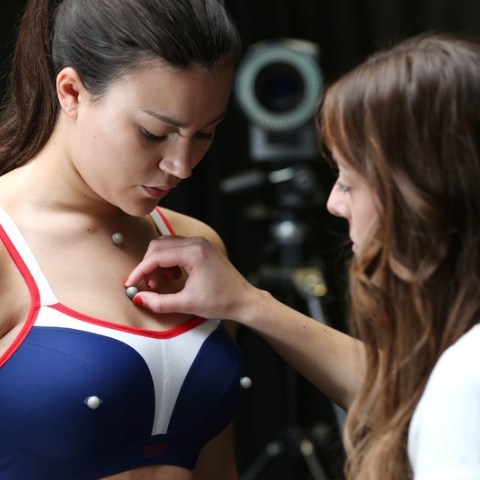

Physical activity, health and rehabilitation research
Our research includes breast health and clinical, health and rehabilitation
The Physical Activity, Health, and Rehabilitation Thematic Research Group conducts interdisciplinary research focused on promoting physical activity, rehabilitating individuals facing barriers to activity, and understanding and measuring determinants of health and wellbeing in various contexts. Our work encompasses biomechanical, physiological, and psychological approaches, bridging the gap between fundamental and applied research.
Our two sub-groups
Clinical, Health and Rehabilitation Team (CHaRT)
The Clinical, Health and Rehabilitation Team (CHaRT) is dedicated to advancing applied research and consultancy aimed at supporting individuals of all ages in leading healthy and active lives.

Research Group in Breast Health
Experts in breast biomechanics working to improve scientific knowledge of breast health, inform the development of breast related products and raise awareness of this important aspect of women’s health.

